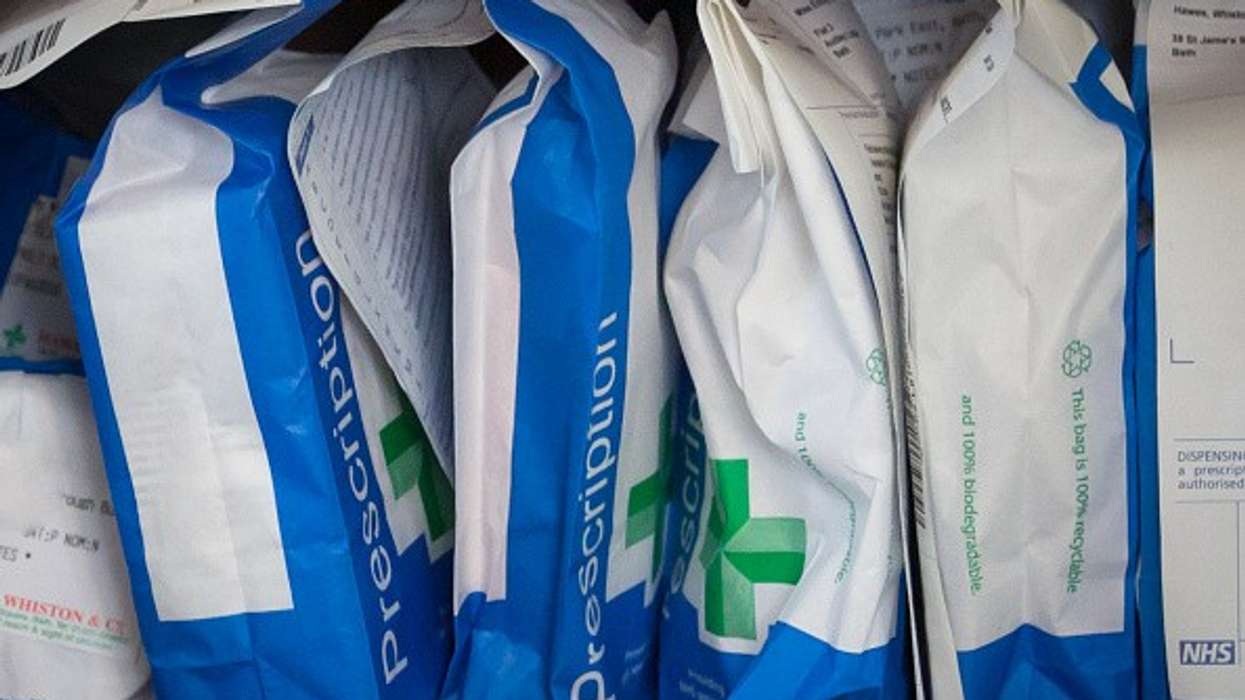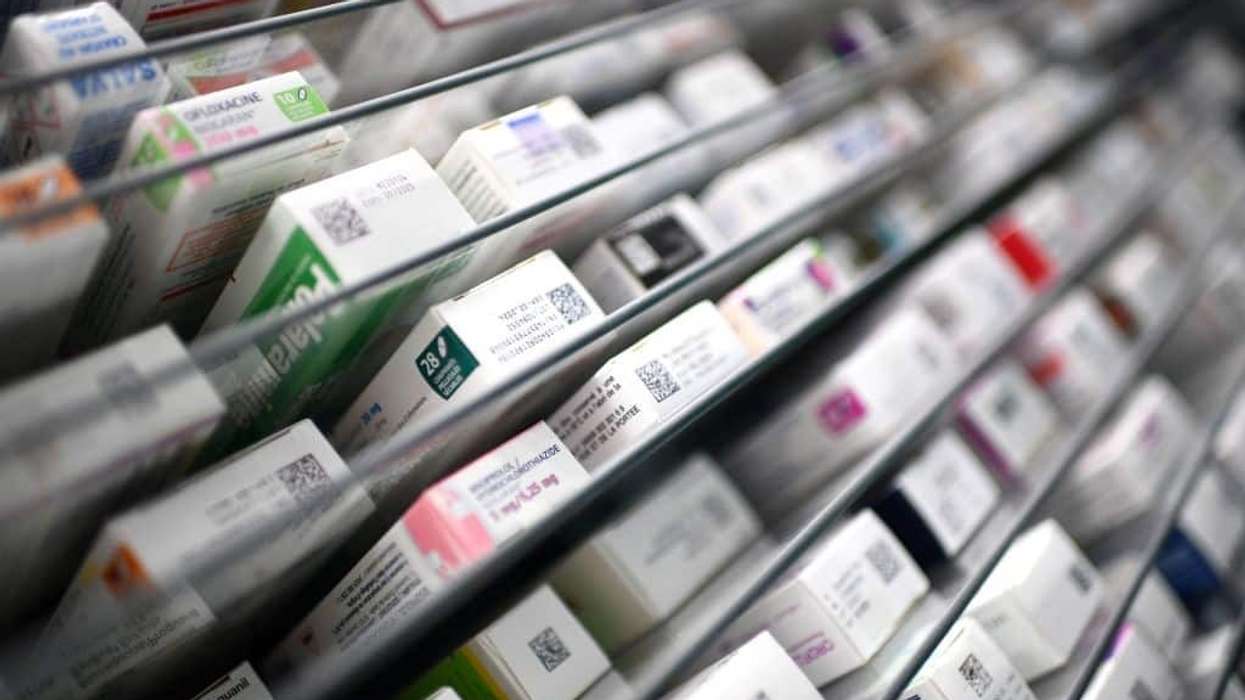The Pharmacists Defence Association (PDA) has welcomed the government’s action of publishing ‘AI Regulation White Paper’ which will regulate the artificial intelligence (AI) system used in pharmacy on Wednesday (29 March).
The Association had raised concerns about the risk of patient harm due to inappropriate use of so-called AI to include that seen in some of the pharmacy systems undertaking clinical checks.
For some time, it has been receiving concerns from practicing pharmacists describing examples of the potentially detrimental impact of automation and online pharmacy provision on patient safety and pharmacy practice.
As a result, it raised these concerns with regulators, Chief Pharmaceutical Officers, and parliamentarians in all four nations of the UK to urge action.
It said: “This is required not only to protect patients, but also the frontline pharmacists who could be blamed for potential harm caused by inappropriate use of so called ‘AI’ systems implemented by their employer.”
The PDA therefore, welcomes the announcement from the UK government that they intend to strengthen regulation of such technology, empowering existing regulators to come up with tailored, context-specific approaches that suit the way AI is actually being used in their sectors; this will include pharmacy.
PDA expects pharmacy regulators to now accelerate the measures they need to implement to keep patients safe in a world increasingly reliant on AI. Pharmacy regulation must be evolved quickly and be enforced in ways that cater for this rapidly emerging reality, which appears to be proliferating without any proper scrutiny.
The association believes that the time needs to come very soon, when pharmacists can ask their employer for evidence that their system has met with the requirements of the GPhC / PSNI.
Alison Jones, PDA Director of Policy said, “Above all, steps must be taken to ensure that new technology is introduced in an evidence-based way. This must satisfy regulatory and professional standards in the interests of patient safety and mitigation of risk. Importantly, it must also be supportive of the work of pharmacists in the delivery of pharmaceutical care and should not be used as a substitute for their expertise.”











